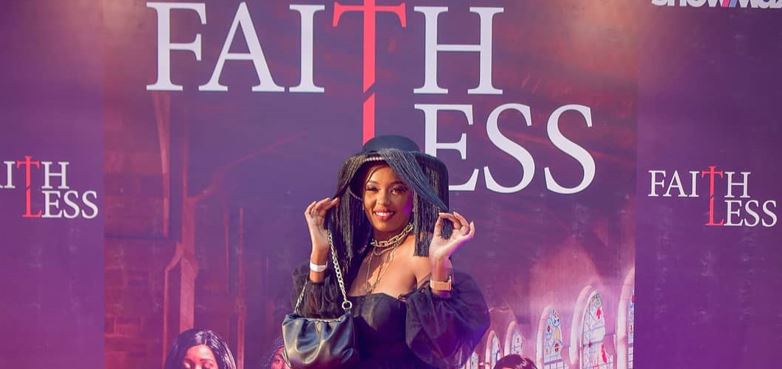 Ranja Mistari, hailing from Rongai, is a fast-rising rapper in the Kenyan gospel hip-hop scene. On August 16, he is set to drop his much-anticipated debut EP titled “Man on a Mission.”
Ranja Mistari, hailing from Rongai, is a fast-rising rapper in the Kenyan gospel hip-hop scene. On August 16, he is set to drop his much-anticipated debut EP titled “Man on a Mission.”
The poet/songwriter spoke to My Network about ‘Man on a Mission’.
Your debut album is coming out soon. What has the journey been like? What have you learnt from trying to produce a debut EP?
My EP has been two years in the making…the only difference is, some songs didn’t make the cut, and I’m now more developed as an artist. The EP taught me to be patient, because I have been rapping for close to seven years now. It takes time to mature as an artist.
You’ve worked with a lot of producers, such as Alex Vice. Considering you’re a gospel rapper, do you think it makes a difference whether a musician works with a producer of gospel or secular music? What informs your choice of who to work with?
It actually does. For example, the song that Alex produced for my EP sampled E-Sir’s Saree. A gospel producer might never sample E-Sir. I love producers who are open and adventurous enough to try anything. The next challenge is probably merging a Nokia 3310 ringtone with a drill beat, then I rap on it! But you see my point. Anyone who is willing to try new stuff, and not compromise on quality, I work with them.
What is the idea behind Man on a Mission? What is your mission?
Man On A Mission is me telling my music story – my ambitions, background, and appreciating people who have inspired me. It also talks about the society we live in today. It is a mixture of everything including hope, my life, showing off my lyrical prowess…all that. You can see my family on the cover art. It shows me, the only boy in a family of five girls, with no musical background at all. I had to be crazy to chase this dream because music is never an option in an African home, so, my mission is to be who God made me to be, and to live truthfully. My mission is to improve and change inwardly before even changing the world. In my music I’ll be vulnerable enough to tell my story, since we heal as we reveal, and with that, someone else somewhere knows they are not alone.
Who do you look up to in the game at the moment? Where do you think the gospel music industry is going next – and where do you want to take your own music?
I’m proud of the King Kakas, Nyashinskis and Khaligraph Joneses but honestly, I’m more inspired by the younger artists these days. Look at Ethan Muziki selling out his shows. Look at Mutoriah, Coaster Ojwang, Trevor Fotel and the likes of Buruklyn [Boyz]. These people know what they want from this music game, and I’m told their work ethic is impeccable. I aspire to be as authentic and hardworking as they are.
About the gospel industry, worship music is doing extremely well right now, especially live worship. Upbeat gospel is coming up too. I urge Kenyans to do their research well. The quantity and quality of gospel music didn’t go down, it’s just that people stopped paying attention. I’m an artist who talks about everything and I’m not tied to any genre. I’m saved and there are God fearing people I’m accountable to. Ranja is willing to experiment.
Do you think the music societies serve a purpose, and if not, how can we ensure Kenyan artists can actually live off their money?
I feel like the societies benefit a few, mostly those who are board members and chairmen. If, every year, artists complain about them, then it is a sign that they don’t help that much. To sort out this mess, accountability and transparency on how the royalties are spent and distributed should be prioritised.








